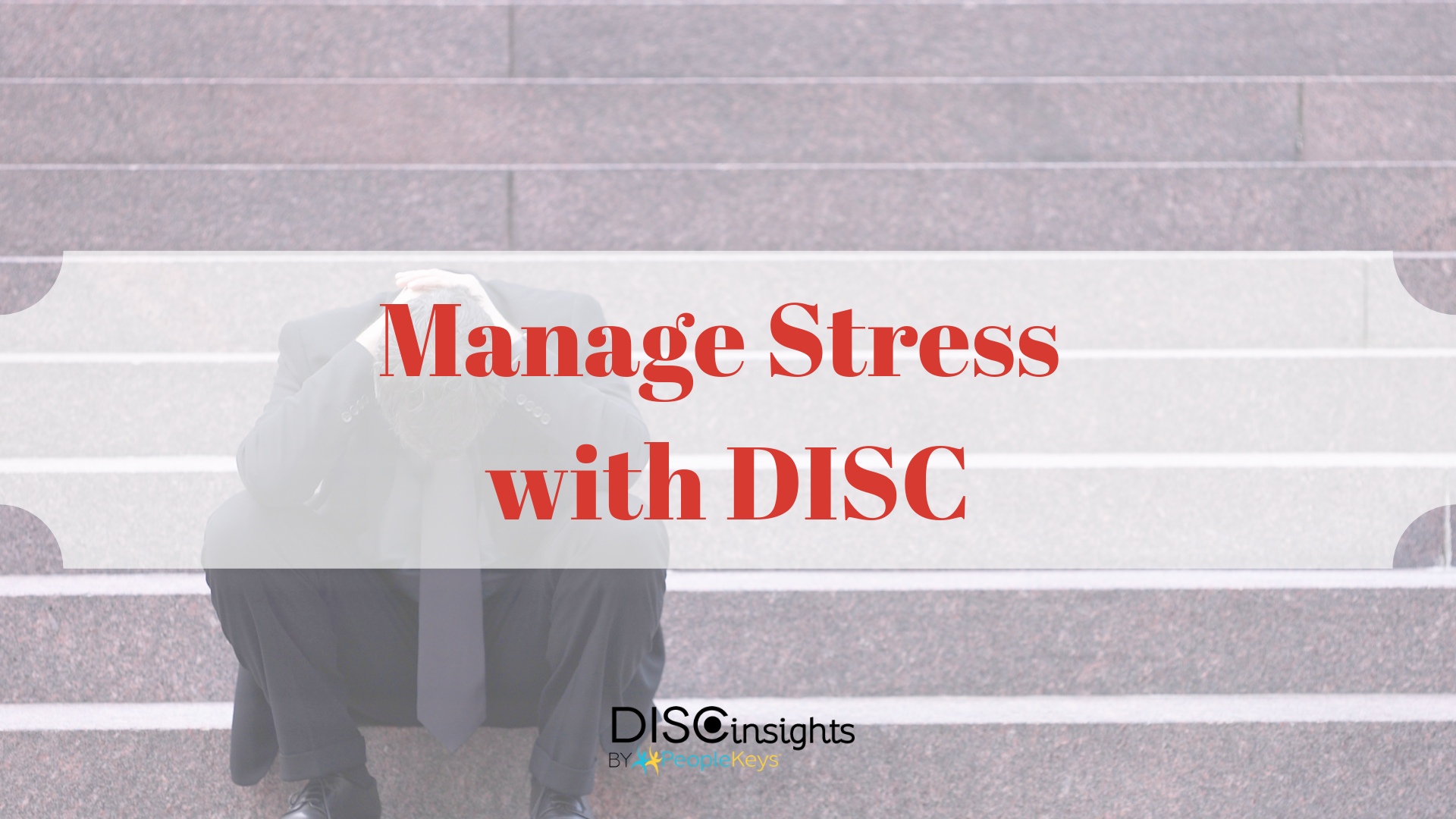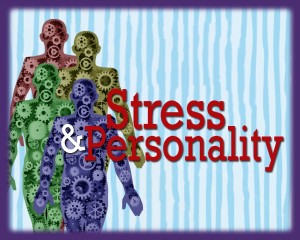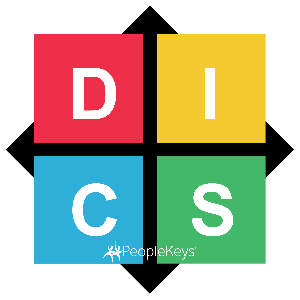- SHOP BY PRODUCT
- DISC TRAINING & CERTIFICATION TOOLS
- DISC RESOURCES
- BLOG
- SHOP BY PRODUCT
- DISC TRAINING & CERTIFICATION TOOLS
- DISC RESOURCES
- BLOG
- ALL ITEMS



When faced with a serious threat to survival, the human body is hard-wired to respond with a “fight or flight” reaction. The fight or flight impulse is controlled by the brain and the central nervous system and results in the release of over 30 different hormones into the bloodstream. These hormones speed the body up, making a person feel extraordinarily alert and focused. The heart races, the pupils dilate, the blood pressure rises, and the body tenses itself to either face the danger at hand or flee.
The fight or flight response is an instinct that every animal has. Once upon a time, we needed to rely on that instinct to avoid predators and fight for basic survival. It has historically been an incredibly valuable human instinct in situations where speed, focus, and reaction time need to be maximized. Yet even though our modern priorities may have changed, this survival instinct remains under the surface, permanently coded in our DNA.
Interestingly, the fight or flight reaction is also referred to by another name: the stress response. This is fitting since the human body experiences the exact same physical responses during times of stress as it does in emergency or survival situations. In other words, stress from work, family, or daily life is experienced on a physical level in a way that is identical to the body’s response to being pursued by a predator.

In a modern context, the stress response is helpful in quite a few ways. For example, it might give you a boost of adrenaline during an important business presentation, or help you focus on meeting a deadline when you’d rather be out with friends. It can give you extra-strength when you’re feeling fatigued, and increase your reaction time in situations where every second counts. (Like participating in a sporting event or driving under dangerous conditions.)
But if the stress reaction is so helpful, then why does the word “stress” have such negative connotations? The problem is that in the modern world, the stress response is triggered easily and often. Whether it’s through work, family, friends, neighbors, or school, mounting responsibilities and conflicts cause stress to exist almost everywhere. In delivering small bursts of energy and focus, the stress response is incredibly beneficial, but when triggered consistently and for long periods of time, it can have devastatingly negative effects on the body and mind.
Often, we don’t even consciously realize we’re experiencing stress until it takes a noticeable toll on our bodies. Some of the most commonly reported physical manifestations of stress include:
Because the physical manifestations of stress can be so damaging, it’s important to be able to recognize the signs of stress immediately. From there, action has to be taken to reduce its effects on health, mind, body, relationships, and career.
There are a great many books, websites, and self-help guides for managing stress. The problem is that there really is no blanket cure for minimizing stress. DISC Theory teaches us that different personality types think, feel, and behave in instinctively different ways. Wouldn’t it go to follow that different personality types experience stress in their own unique ways as well? What causes stress to a specific personality style, may actually energize another. Some personality types freeze under pressure, while some go into overdrive. Others withdraw emotionally, while some experience wild emotional swings. When stress responses are this different, it would make sense that not all stress coping strategies would work for everyone.
If you are able to recognize some of the physical and emotional signs of stress in your life, it’s time to consider new approaches for restoring a healthy balance in your life. The stress response can be minimized, but only with the right set of personality-driven strategies.
Certification in DISC Behavioral Analysis will help you gain a deep understanding of what impact personality has on the way individuals experience stress. Help others gain self-awareness of their personality style, assess their current levels of stress, and provide them with a clear understanding of how stress is affecting their behavior. Most importantly, with certification in DISC, you'll be able to provide clear and effective personality-driven strategies for coping with stress. If you’re looking for a plan of action tailor-made to minimize the effects of stress on your daily life, online DISC training is the perfect place to begin.

© PeopleKeys. All Rights Reserved
WORKING DAYS/HOURS
Mon - Fri / 8:30AM - 5:00PM EST
